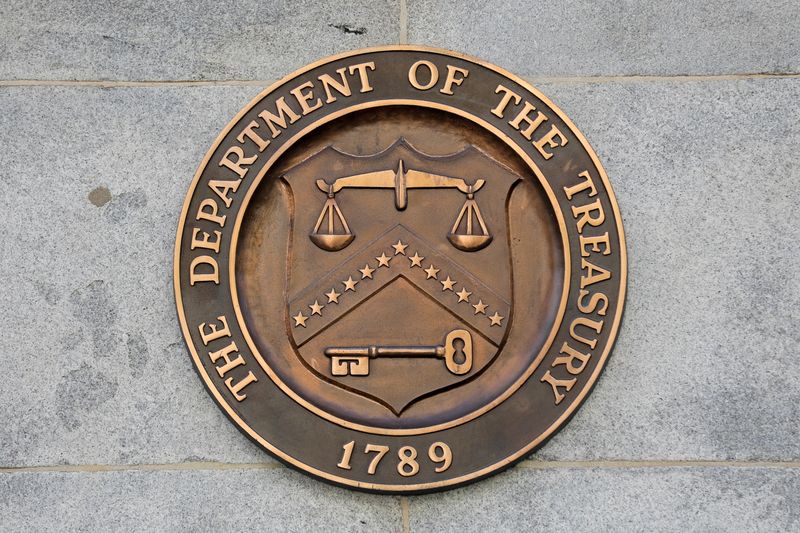Street Calls of the Week
Investing.com - As the deadline to raise the U.S. government's $31.4 trillion debt ceiling looms, financial institutions are growing increasingly concerned about the potential consequences of a default. Although this is not their first time preparing for such an event, with a similar situation occurring in September 2021, the shorter timeline to reach an agreement has many industry insiders worried.
The Treasury Department has indicated that by June 1st, it may be unable to pay all federal debts. This warning was reinforced by U.S. Treasury Secretary Janet Yellen over the weekend. The current debate surrounding raising the debt ceiling has been described as "more worrying" than previous instances by Citigroup Inc (NYSE:C) CEO Jane Fraser and JPMorgan Chase & Co (NYSE:JPM) CEO Jamie Dimon.
A default on U.S. government bonds could have far-reaching implications across global markets due to their role as a cornerstone of worldwide finance systems. Executives predict massive volatility throughout various sectors including equity, debt, and other markets if a default occurs.
Furthermore, trading Treasury positions would become significantly hindered in secondary markets while dysfunction within these areas might lead to issues spreading into derivative, mortgage and commodity markets too. A short breach of the debt limit could also result in increased interest rates and plummeting equity prices among other adverse effects.
In anticipation of possible market disruptions caused by this scenario, banks and brokers are developing strategies related to handling payments on Treasury securities; monitoring critical funding market reactions; ensuring adequate technology resources; maintaining staff capacity levels; having sufficient cash reserves available for high trading volumes; assessing potential client contract impacts; consulting with clients regarding contingency plans; reviewing existing playbooks detailing communication methods between stakeholders during missed payment periods.
Several scenarios have been considered that range from less disruptive options like rolling maturing securities over daily to more drastic situations where the Treasury fails to pay both principal and coupon, leading to unpaid bonds being removed from market circulation.
As all parties involved continue monitoring developments surrounding the debt ceiling debate, financial institutions are working closely with their industry partners, regulators, and participants in a coordinated effort aimed at mitigating potential disruptions.
